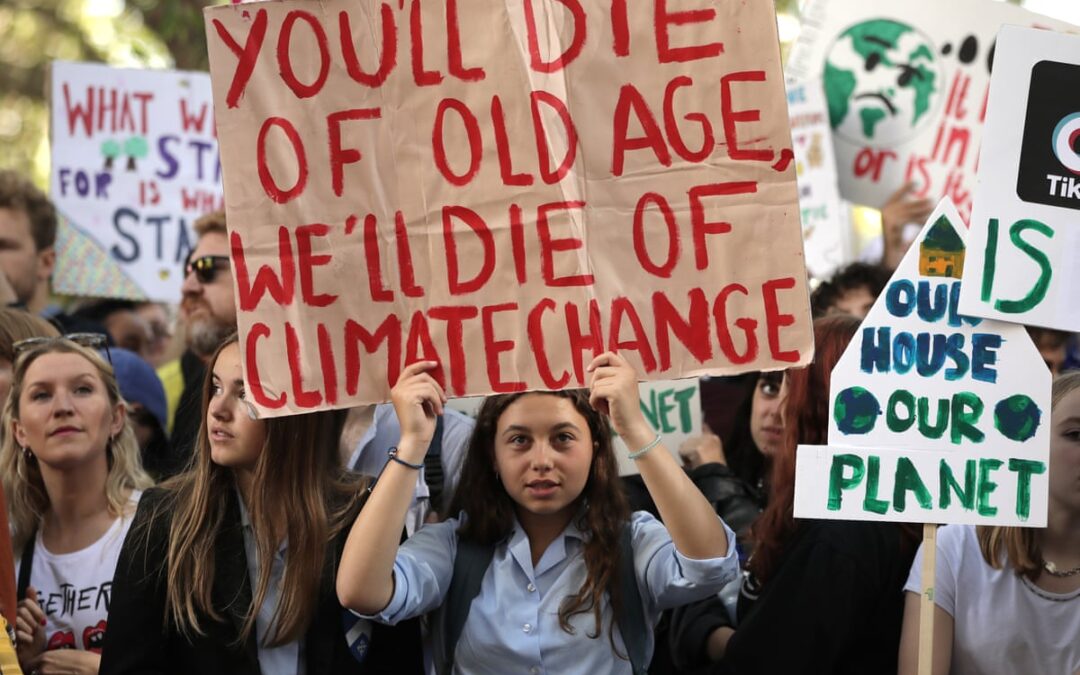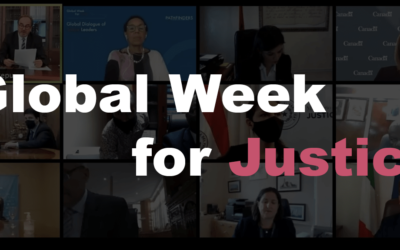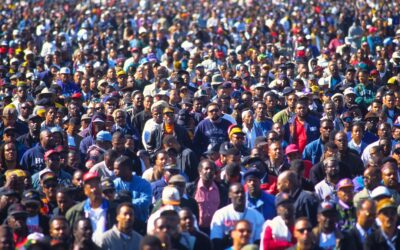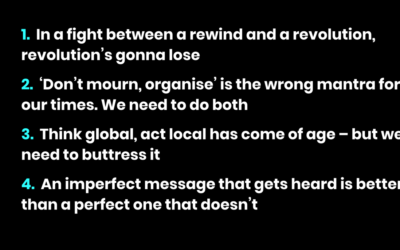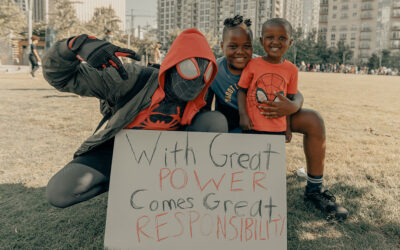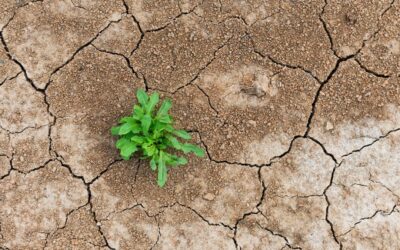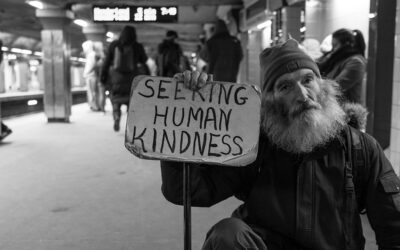If the politics of climate change end up polarised, is that so bad? No – it’s disastrous. Or so I’ve long thought. Look at the US – where climate is even more polarised than abortion. Result: decades of flip flopping. Ambition under Clinton; reversal under Bush. In to the Paris agreement under Obama; out under Trump. Re-engagement under Biden… you get the drift. These kinds of wild swings are frustrating on any issue,...
